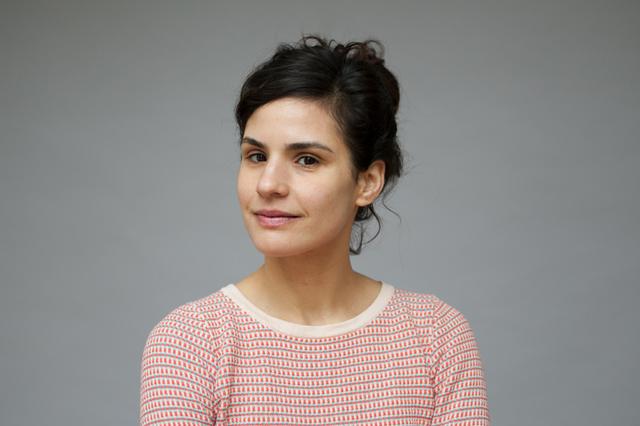Care
Without care, children fail to thrive, the sick fail to recover and the elderly die. Care is at the cradle of human civilization and it is society’s engine. It is what makes people human. But if care is so important, why do we undervalue it? In a fascinating quest for its significance, Lynn Berger discovers how all-encompassing but invisible care is, and that we are hurtling towards the biggest crisis ever.

When we talk about care, we usually talk about healthcare. Hospitals, nursing homes, youth welfare work, care for the elderly, mental health services. Care that we only need when we are sick or old. But care is more than that. It is the father who cradles his baby, the daughter who holds her mother, the grandparent who looks after their grandchildren. But also: the neighbour who helps with the groceries, the volunteer who cleans up the park, the activist who protects nature.
A mother of two small children, Lynn Berger is first confronted with the vulnerability of her family unit’s system of sharing the workload of childcare (because care is work!) when she is confined to hospital with a leg infection. When, soon after she recovers, the Covid pandemic hits, day-care closes and grandparents can no longer look after the children.
A fine balance is lost as she and her husband struggle to care and undertake freelance work by turns on a makeshift desk between bed and wall. Without care, people can’t work, the economy can’t run, she realizes. And all the different forms of care are connected. If a nursing home is full, a family member is forced to take over. If a child is ill, a parent cannot work. If the ICUs overflow, society as a whole grinds to a halt. And guess what, most caring is unpaid and done by women.
This chain is fast approaching its breaking point. Healthcare costs are rising and staff shortages are growing. Parents feel pressured. More and more is being asked of informal carers, but already one in ten is overburdened. Those who provide care increasingly have to do too much in too little time due to efficiency quotas and unnecessary admin. But we’re all givers and receivers of care, all our lives – and once you see that, you can no longer unsee it.
‘This is journalism like you always hoped it would be: engaged and yet with the necessary distance.’
NRC
